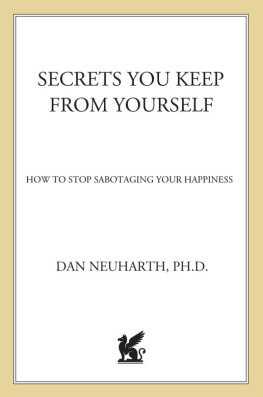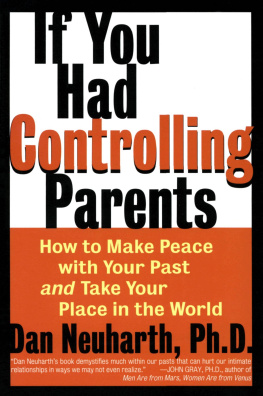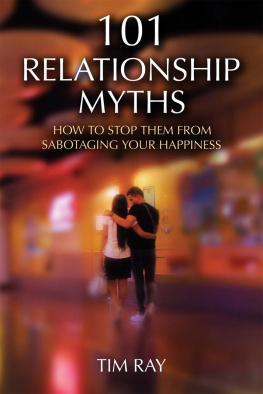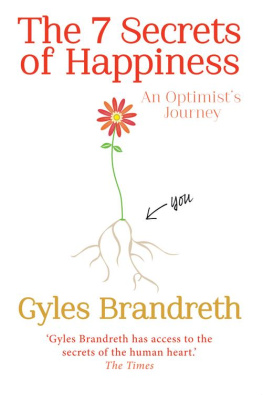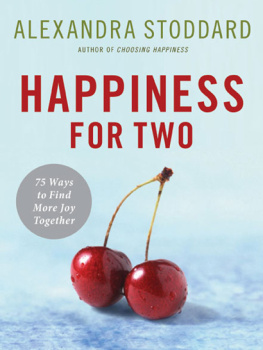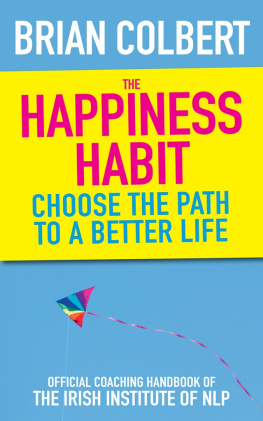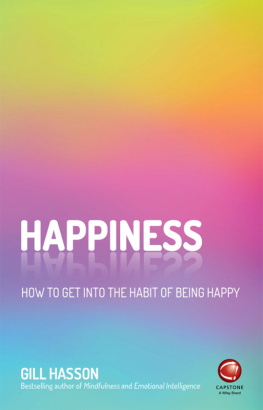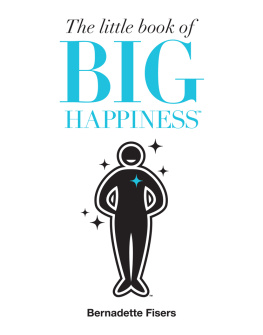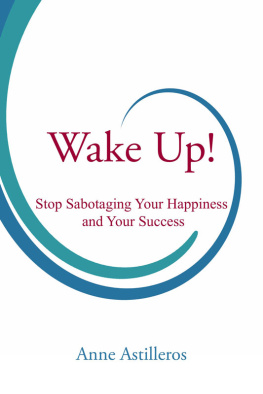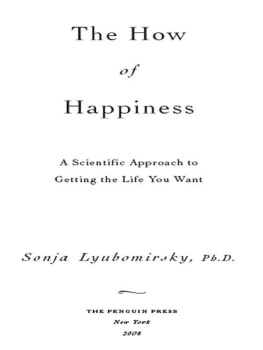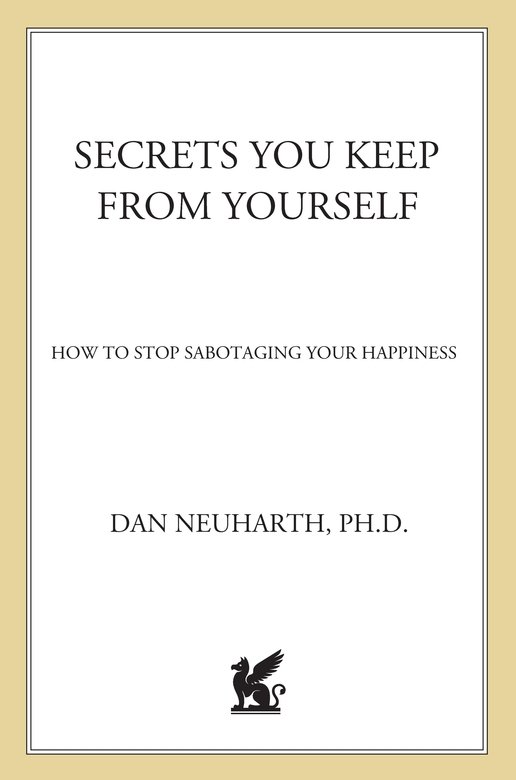You got to have a dream. If you dont have a dream, how you gonna have a dream come true?
L ooking for the keys to life? Any of this chapters seven approaches can add significant growth and fulfillment to your life.
The Goliath Principle
If you dont risk anything, you risk even more.
ERICA JONG
Every day, do something you fear or resist. Even better, do so the first thing each day. In the morning, identify a task or problem that saps your energy just to think about. Then, like the biblical David, pick up your slingshot. When you pick the biggest, most-resisted problem or task of your day and do it first, your day will zoom. Once you set off to battle, you are no longer passive, hoping the battle will pass you by or waiting for the ax to fall. When you set your sights on a resisted task, even if you do nothing else all day, you will feel a stronger sense of self.
One way to get started is simply to begin doing what youve been avoiding and keep at it for at least fifteen minutes. Youll find that you can tolerate pretty much anything for fifteen minutes. Furthermore, youll often find that fifteen minutes of doing what you had been resisting is enough to dispel many paralyzing thoughts and feelings. If afterfifteen minutes you want to quit, fine. Youre still ahead of where you were when you started.
Remember that things you resist are unlikely to feel good, at least at first. Thats why you resist them. The first step is often the hardest and can take far more effort than later steps. By way of analogy, the space shuttle uses nearly three-quarters of its fuel to ascend only onequarter of the way to orbit. If you begin with the promise to yourself that you will do a task you resist for at least fifteen minutes no matter what it feels like, you may find that your prior anxieties will soon appear as tiny and far away as the launch pad appears from a spacecraft once in orbit.
You can use the Goliath Principle to conquer long-standing fears as well as everyday problems. You might take a day that holds meaning for youyour birthday, the new year, or other holidayand, on that day, look for a major challenge or fear that is shaping your life in negative ways. Pick something that symbolically has your feet nailed to the floor. Then create a plan for overcoming it within the next year, step by step, using the Goliath Principle each day.
One of the biggest fears Bette, a forty-three-year-old therapist, had carried since childhood was of not being able to defend herself if physically attacked. But at age forty, she took a self-defense course in which a large, extensively padded staff member stages an attack on each participant. The participants job was to use the simple defense techniques theyd been taught. The promise of the course was: Youll be capable of defending yourself against a single attacker of any size. Since the course, Bette has walked straighter, stopped cowering physically and emotionally, and felt a confidence shed lacked. She let go of a lifelong burden of hiding from bullies. She found it easier to deal with emotional confrontations as well.
As Eleanor Roosevelt said, You gain strength, courage, and confidence by every experience in which you really stop and look fear in the face. You are able to say to yourself, I lived through this horror. I can take the next thing that comes along. You must do the thing you think you cannot do.
Benefit of the Goliath Principle: Promotes action.
Dont Take It Personally
Its not a slam at you when people are rudeits a slam at the people theyve met before.
F. SCOTT FITZGERALD
When someone criticizes, slights, or tries to demean you, remind yourself that their actions and motivations are primarily about them, not you. For example, a coworker who labels you self-centered may be revealing something about herself. Perhaps she observes your healthy habits and would like to do the same but hasnt been able to. Perhaps she is trying to bring you down a notch so she wont feel as bad about herself. Or perhaps she has unrealistic expectations of you. When you dont feed her expectations, even if you are acting appropriately, she may attack to cover her disappointment.
When someone accuses you of something, remember: They are often symbolically talking about themselves. This recognition can free you from taking on unwanted projections and uninvited problems. This doesnt mean you should turn a deaf ear to constructive criticism. Part of being responsible is an openness to seeing better ways of doing things. Its important to make a distinction about responsibility. Responsibility is not blame or fault. Blame and fault are useful in legal settings but thinking about blame and fault confuses the issue if your goal is growth and fulfillment. Keep in mind:

